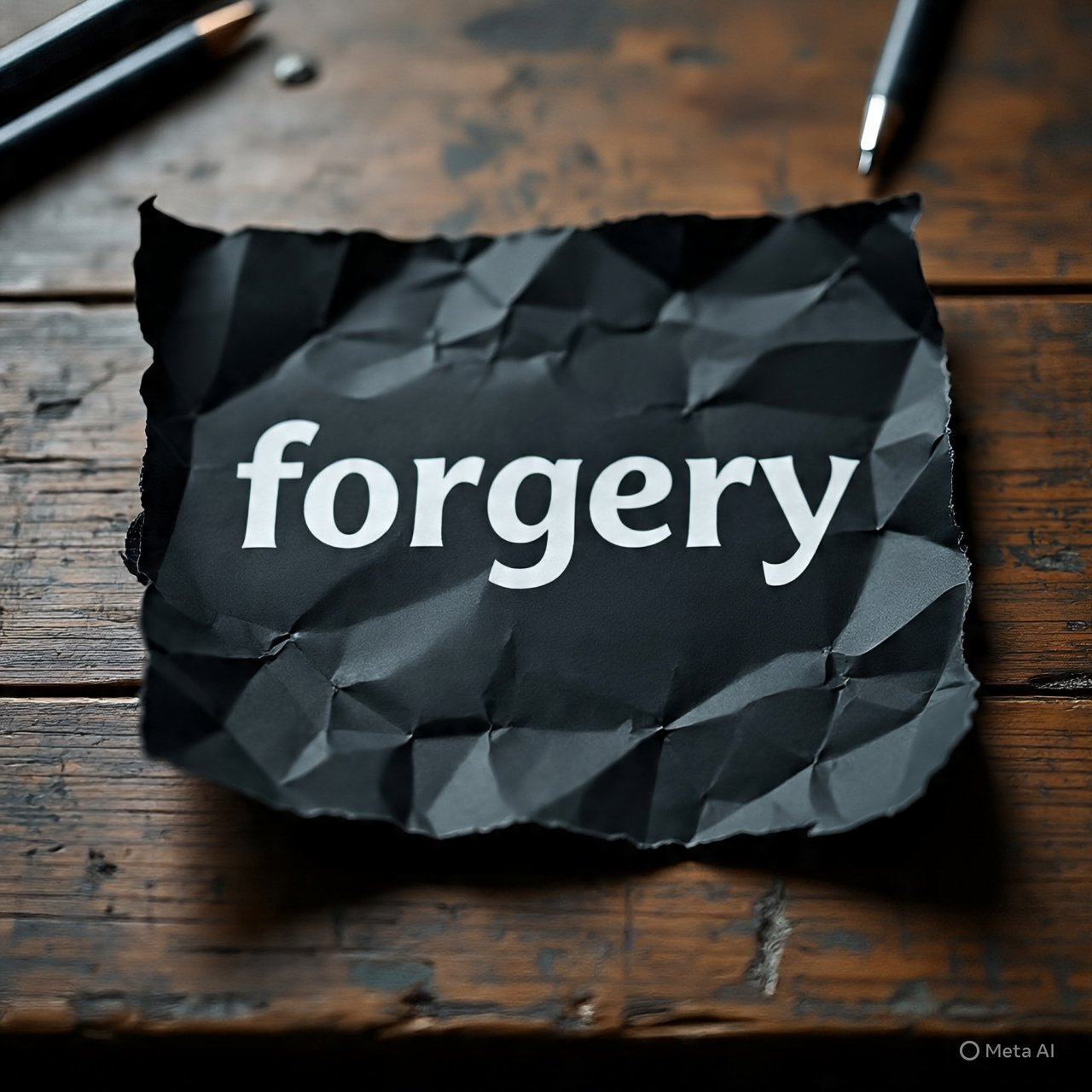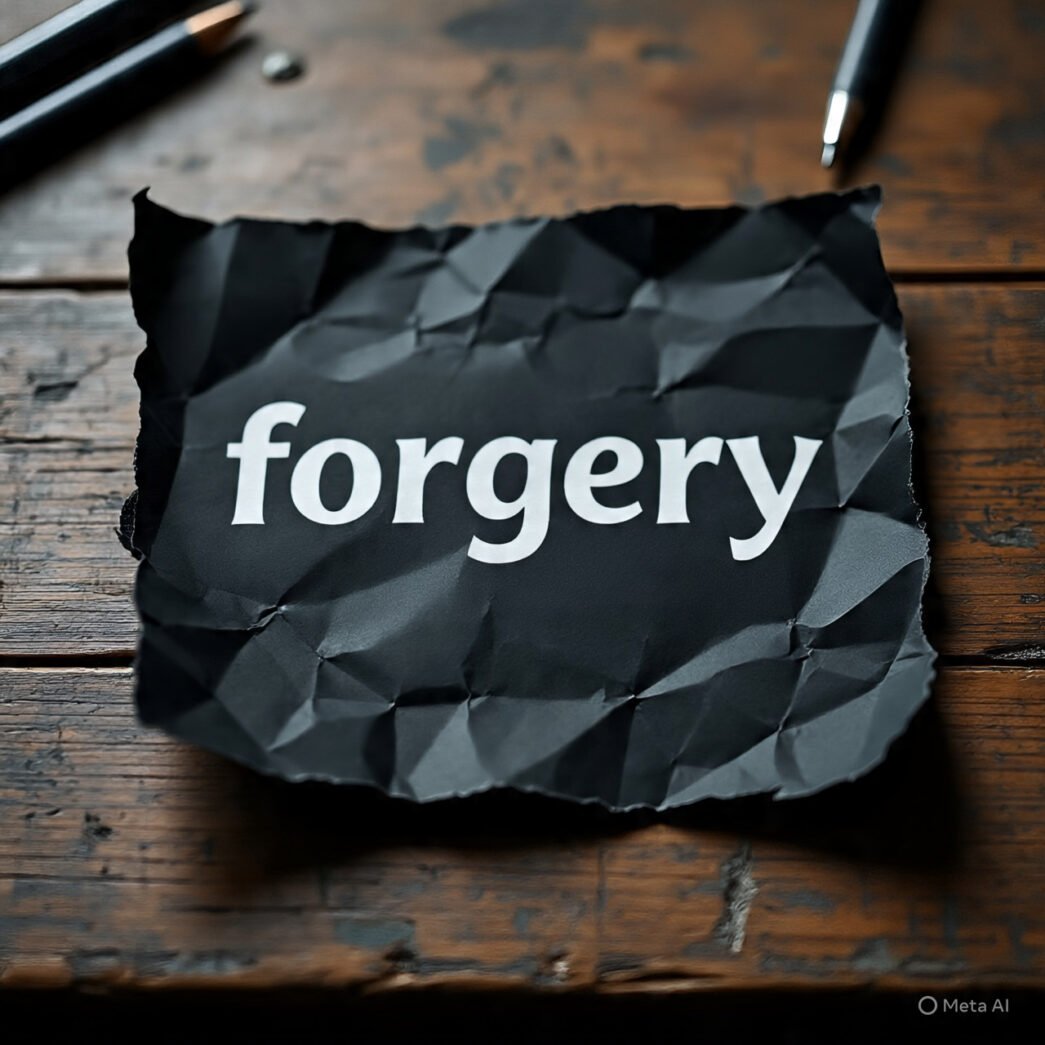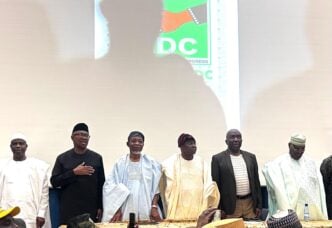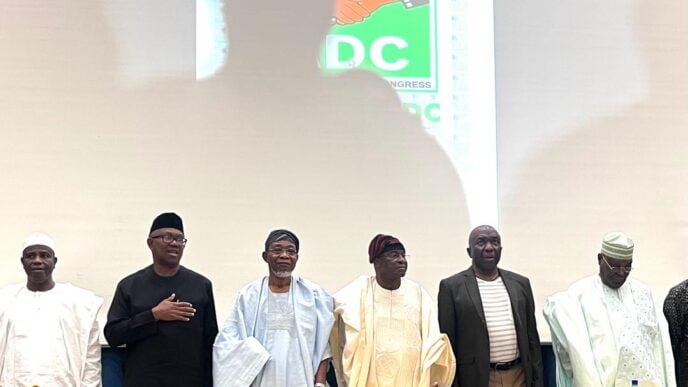BY NNAA KALU NTO
In Nigeria, forgery isn’t just a crime; it’s a culture. From forged degrees to falsified election results, the nation’s faith in merit and truth has become collateral damage in a marketplace where paper is power.
For years, in a small corner of Lagos Island known as Oluwole, truth had a price. With enough naira, anyone could buy a new identity, a degree, a passport, a tax clearance certificate, even credibility itself. Oluwole wasn’t just a market; it was a factory of falsehood, where paper became power and ink replaced integrity.
Though the government eventually demolished it, Oluwole didn’t die; it simply evolved. Today, it exists in computer files, forged PDFs, and backdoor deals, a mindset that prizes paperwork over performance and forgery over fairness.
Advertisement
A Nation of Manufactured Reputations
A forged certificate isn’t just deceit; it’s betrayal. It kills merit, rewards mediocrity, and mocks those who earn their achievements honestly.
Nigeria’s history is littered with such betrayals. In 1999, Salisu Buhari, then 29, became speaker of the house and the face of youthful promise, until his fake University of Toronto degree brought it all crashing down. His tearful confession, “I am not morally fit to be speaker,” became a symbol of a nation that forgives too easily.
Advertisement
Years later, Kemi Adeosun, a respected technocrat, resigned as minister of finance over a forged NYSC exemption certificate. She claimed ignorance, and perhaps she was, but the real tragedy lay in how effortlessly such documents still slip into the corridors of power.
The Familiar Faces of Forgery
The pattern persists. Uche Nnaji, erstwhile minister of science, technology, and innovation, has faced scrutiny over his academic records. Dino Melaye’s string of “foreign degrees” was quietly denied by Harvard and the London School of Economics. Stella Oduah’s academic past refuses to stay buried; she was even charged to court for allegedly claiming to have completed the National Youth Service Corps (NYSC) programme.
Each scandal chips away at public trust and deepens the belief that in Nigeria, credibility can be manufactured while integrity expires with the news cycle.
Advertisement
From Boardrooms to Bureaucracy: A Nation Complicit
Forgery is not just a political disease; it’s systemic. In Union Bank of Nigeria v. Haruna Ayuba Musa (2012), an employee used his brother’s academic certificate to secure a banking job. The court upheld his dismissal, a rare instance where justice caught up with deception.
But such cases are exceptions. In Delta state, as attested to by Roseline Amioku, chairman of the Delta State Civil Service Commission, a woman allegedly used her daughter’s primary school certificate to get a government job and even earned promotions.
Across the country, brothers share degrees, cousins exchange NYSC certificates, and somewhere right now, a mother is ironing her son’s shirt beside a forged diploma.
Advertisement
Even Elections Aren’t Spared
Forgery in Nigeria doesn’t stop at fake certificates; it seeps into the ballot box too. In Akwa Ibom, Professors Peter Ogban and Ignatius Uduk, men once entrusted with upholding academic and electoral integrity, were convicted for manipulating election results. Ogban allegedly tampered with figures in Oruk Anam and Etim Ekpo, while Uduk falsified results in Essien Udim, proving that even democracy itself has not escaped the ink-stained fingers of forgery.
Advertisement
Each falsified record deepens public cynicism and reminds Nigerians that, here, even the truth is negotiable.
Why Forgery Thrives
Advertisement
This decay thrives because systems are weak and consequences are rare. Background checks are treated as a formality. Forgery laws exist but lack enforcement, and impunity protects the powerful. Those caught in the act often resign quietly and return to public life later, their reputations conveniently laundered by time.
What Must Change
Advertisement
If Nigeria must rebuild trust, forgery must no longer be seen as a scandal but treated as a serious crime.
Digital verification: A national database linking all academic and service institutions, WAEC, NECO, NYSC, universities should be mandatory. Every credential for public office must be verified and published online.
Transparency before appointment: Ministerial nominees’ records should be published for public scrutiny. The culture of “take a bow and go” must end; it trivialises democratic accountability and rewards loyalty over merit.
Punishment that stings: Forgery should carry automatic disqualification, a ten-year ban from public office, and imprisonment where intent is proven. No one should lie their way into leadership.
Rewarding merit: Integrity must be celebrated again. The Igbo say, “A man who carries his truth on his head will never stumble.”
A Nation of Honest Scars
The greatest tragedy of forgery isn’t the fake paper; it’s the real people who suffer for it. Every dishonest rise locks out ten hardworking Nigerians who earned their place through sweat and sacrifice.
If Nigeria must heal, it must start by outlawing pretence. We need leaders who can stand and explain, not bow and escape, because no nation rises when its truth is forged.
Nnaa Kalu Nto is the CEO of Analytix Ltd and a civic commentator based in Abuja. He writes on governance, integrity, and institutional reform.
Views expressed by contributors are strictly personal and not of TheCable.









